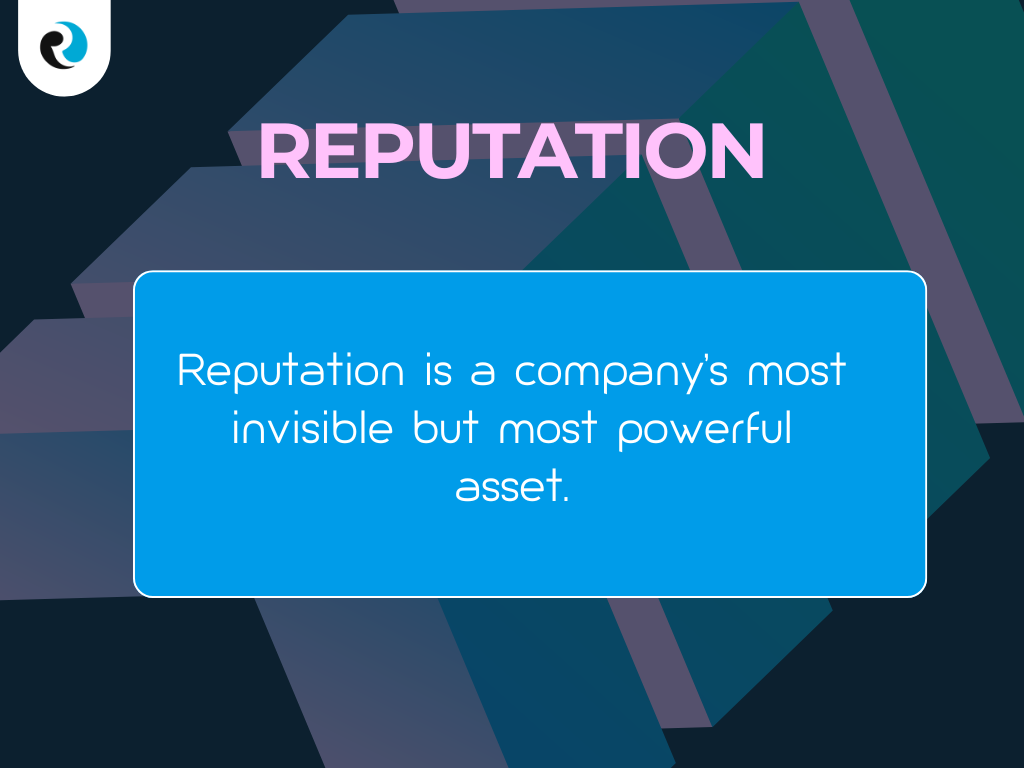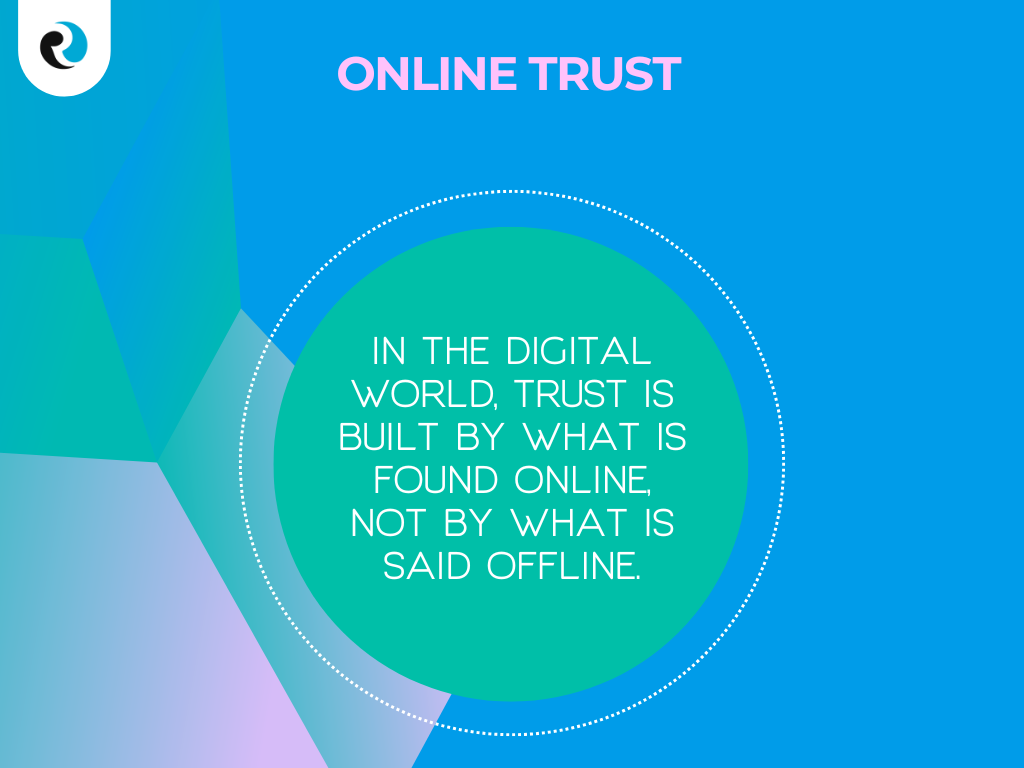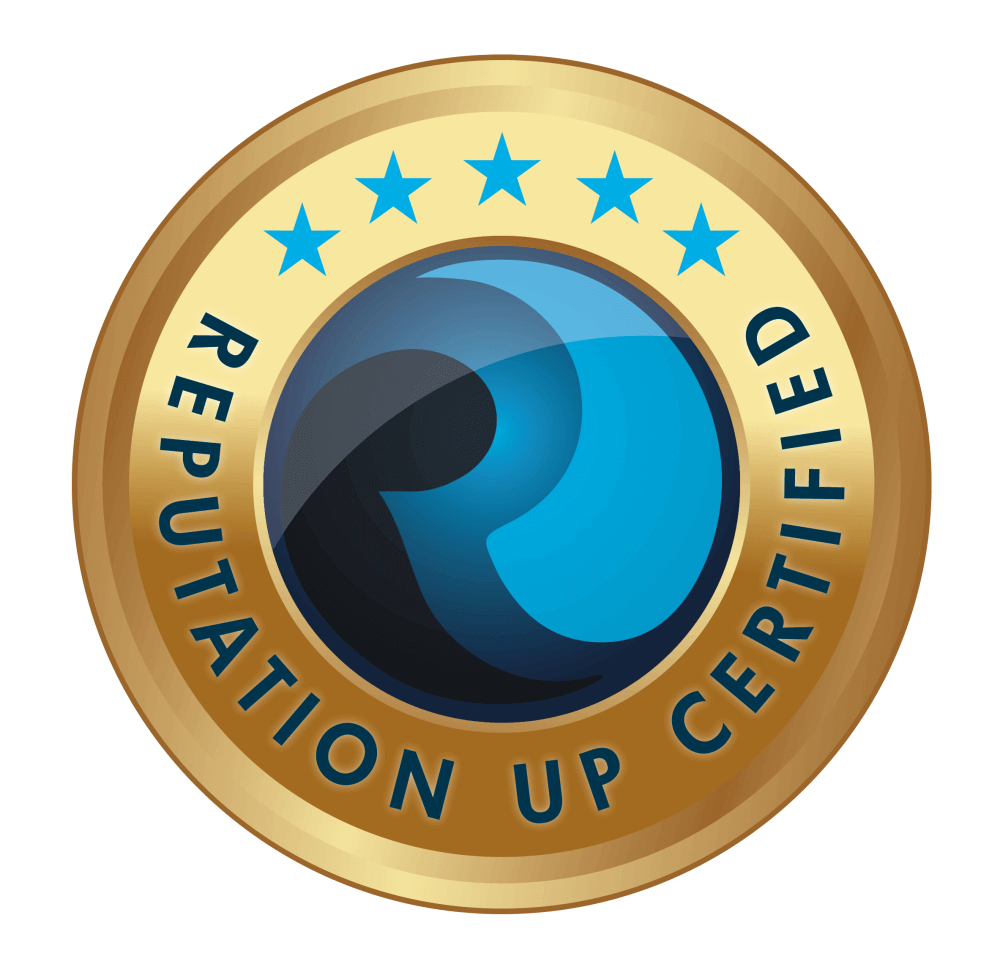In today’s digital world, brand reputation has become one of the most influential assets—invisible yet essential.
When a customer, investor, or partner searches for your company name, what they find online significantly impacts their perception and subsequent decisions.
For businesses, Online Reputation Management (ORM) is no longer optional, but a strategic necessity.
For companies, ORM means controlling the digital landscape, protecting their image, and turning threats into opportunities.
In this article, we’ll explore what it means to manage brand reputation, which strategies to adopt, and the most common mistakes (to avoid).
What does ORM mean for companies?
The term ORM (Online Reputation Management) refers to the set of practices, techniques, and strategies aimed at monitoring, protecting, improving, and, if necessary, repairing a brand’s digital reputation. ORM includes elements such as negative content management, positive content creation and SEO optimization, online conversation moderation, and crisis management.

In the business context, ORM focuses on key points:
- Brand reputation: what is said about the company, its products and its values;
- Review and feedback management: platforms such as Google Reviews, Trustpilot, social media;
- Search Engine Positioning: What appears on the first page (Reputational SEO);
- Prevention and response to reputational crises (errors, scandals, digital attacks);
- Engagement and dialogue with stakeholders (customers, employees, media).
ORM is therefore a preventive and reactive action, which requires constant analysis, an integrated strategy, and timeliness.
Why an ORM is essential for companies today
In 2025, a company’s digital reputation is no longer a simple reflection of its business: it is an integral part of its economic and competitive value.
The decisions of customers, investors, and even future employees increasingly depend on what they find online.
According to the Edelman Trust Barometer – Special Report: Brands and Politics 2024, 63% of consumers state that they are more likely to purchase from a brand they fully trust, confirming that trust and digital reputation are decisive drivers in purchasing decisions.
Brand reputation has become a key factor in trust, conversion, and survival.
In a world where the boundaries between communications, marketing, and public perception have dissolved, the ability to effectively manage one’s online image determines the very longevity of a company.
But why, concretely, can a company today no longer afford to ignore ORM ?
- Impact on purchasing decisions: Most consumers search for information online before choosing a brand or product.
- Multiplier effect of digital content: negative content can be relaunched, shared, and remain active for years.
- Reputational competition: In the digital market, reputation becomes a differentiator. If a competitor appears more “clean” or authoritative, it gains ground.
- Growing reputational risk: In times of crisis (errors, customer problems, scandals), the speed of reaction and the communication strategy can make the difference between a permanent relapse and a recovery.

“Every company has a digital reputation, whether they like it or not. The difference is between suffering from it and managing it. ORM helps transform information chaos into a competitive advantage,” says Andrea Baggio, CEO of ReputationUP.
Online Reputation Management system allows you to:
- Prevent communication crises and protect the brand from harmful content;
- Improve organic positioning and positive online visibility;
- Create a narrative consistent with company values;
- Build customer, partner, and investor loyalty.
The fundamental phases of a corporate ORM
An effective operational model for corporate ORM typically develops in four phases, each with specific objectives and activities:
Reputation Cleaning:
In this phase, harmful content is identified: negative articles, fake reviews, defamatory posts, and unwanted search engine results. We intervene with:
- Legal or administrative removal requests;
- De-indexing from search engines (DMCA, right to be forgotten, Google procedure);
- Cover-up (i.e., moving negative content to less visible positions with positive content). This phase often requires legal and technical expertise, and negotiation with webmasters or platforms.
Reputation Monitoring
Once the digital landscape has been “cleaned up,” constant monitoring is essential. Monitoring includes:
- Tracking brand mentions on websites, blogs, forums, and social media;
- Sentiment calculation (positive, neutral, negative);
- Real-time alerts on critical reports. Only with a structured monitoring system can you promptly respond to new risks.
Reputation Protection (protection)
Reaction is not enough; prevention is needed. Activities include:
- Continuous generation of positive content (articles, interviews, studies, success stories);
- SEO optimization to “push” favorable content to the top;
- Digital PR strategies to gain authoritative mentions in newspapers, blogs, and industry media;
- Monitoring of internal stakeholders (employees, collaborators) to avoid internal reputational errors.
Reputation Improving (improvement)
The goal is to continuously strengthen the brand’s image. In this phase:
- Corporate storytelling campaigns;
- Valorization of strengths (CSR, sustainability, innovation);
- Active community engagement through social media, video content, digital events;
- Measurement of reputational indicators (Reputation Score, sentiment, share of voice) to calibrate strategies.
These four phases are often integrated into a continuous cycle, to ensure that ORM is not a one-off action but an ongoing strategic activity.

A study published in Springer – Exploring Corporate Reputation and Crisis Communication (2024) shows that corporate reputation is closely linked to the dynamics of online conversations and crisis communication, highlighting that a strategic management of digital presence is essential to prevent reputational damage.
The strategic role of ReputationUP in corporate ORM
For effective and tailored action, many companies rely on specialized partners. ReputationUP offers a complete set of ORM services for businesses:
- Reputational cleanup, with rapid removal and de-indexing of malicious content.
- Continuous monitoring on the web and social media, with personalized reputation alerts and reports.
- Reputational SEO and digital PR to push positive content into search engines and gain authoritative visibility.
- Crisis management support, with integrated legal and communications advice.
- Ongoing reputation plans, which ensure protection and improvement over time.
Through the combined efforts of technicians, SEO experts, communicators, and lawyers, ReputationUP allows companies to regain control of their digital storytelling and transform their reputation into a competitive advantage.
You can learn more with our guide on Online Reputation: Advanced Strategies with Practical Examples, Metaphors, and Tools.
Conclusion
In a digital landscape where every interaction is potentially global, companies must view brand reputation as a strategic asset to be protected, defended, and nurtured.
ORM for companies is not a luxury, but an investment in the future.
Relying on an expert partner like ReputationUP means having not only technical expertise, but also an integrated vision of digital, communications, and legal matters.
Protecting your reputation isn’t just about reacting: it’s about knowingly managing your digital narrative.
Frequently Asked Questions (FAQ)
PR manages image through traditional media, press releases, and institutional relations. ORM, on the other hand, operates in the everyday digital environment—search engines, social media, review platforms—with constant and responsive monitoring.
It depends on the extent of the damage and the negative visibility. Typically, initial improvements can emerge within weeks, but consolidation takes months with a continuous plan.
Yes, under certain conditions: if it violates copyright, privacy, defamatory content, or platform policies. Alternatively, you can request de-indexing or cover up the content with positive content.
Through reputational KPIs: net sentiment, reputation score, number of positive vs. negative mentions, share of voice, and improved search engine rankings.
No. Even SMEs, startups, and local businesses can benefit greatly from a well-structured ORM. The model scales, but the principles remain the same.

